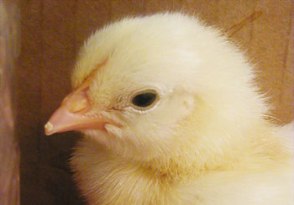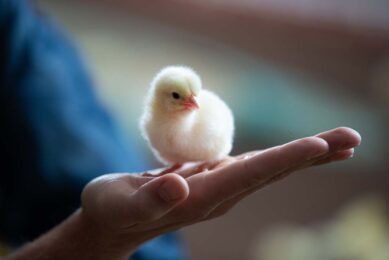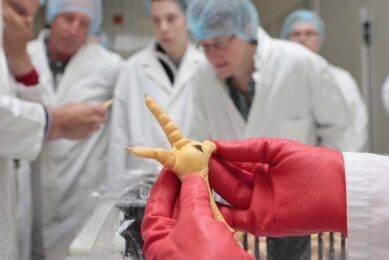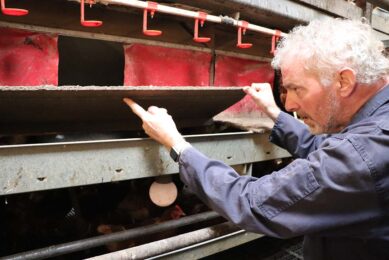USDA revises Veterinary Accreditation Program

The USDA Animal and Plant Health Inspection Service (APHIS) has revised its National Veterinary Accreditation Program (NVAP). The changes, it says, will strengthen animal health safeguarding activities and increase the training and skills of accredited veterinarians in disease prevention and preparedness for animal health emergencies.
“The NVAP program leverages non-government-employed veterinarians’ medical expertise, as well as their relationships in the communities and industries they serve, to help USDA more effectively provide regulated animal health services,” said John Clifford, APHIS veterinary services deputy administrator. “The revisions to this important program will help better protect U.S. animal health in the face of current complexities in business, trade and travel.”
The new program creates two accreditation categories based on the species on which accredited duties will be performed in place of a former single category. It includes requirements for supplemental online training to ensure accredited veterinarians receive the latest information necessary to support APHIS’ animal health safeguarding efforts.
The revisions also call for accreditation to be renewed every three years where previously accreditation did not require renewal. The renewal requirement ensures that accredited veterinarians will have the most up-to-date information on foreign animal and zoonotic diseases and the risks associated with them. The NVAP also will offer program certifications that will allow veterinarians to participate in program-specific APHIS activities.
Another important change under the new regulations is that veterinarians accredited before Feb. 1, 2010, must apply to continue their accreditation in the revised program. If they do not apply, their accreditation will expire. APHIS will announce this change in a variety of veterinary publications, state and national meetings and through veterinary list serves.
Support
The regulation has received support from the major animal health organizations such as the American Veterinary Medical Association, the US Animal Health Association and the Association of American Veterinary Medical Colleges. The US depends extensively on accredited veterinarians to carry out many of its animal health programs and services–including animal inspections, testing and certifications. Accredited veterinarians serve as the first line of defense in ensuring the health of the Nation’s livestock. Businesses that transport and export animals also rely on the expertise of accredited veterinarians to help ensure that exported animals will not introduce diseases into other states or countries.
The NVAP is a voluntary program. Participation is not mandated by the federal government, however, more than 80 percent of all US veterinarians, or about 71,000, are accredited. Accredited veterinarians who participate in the NVAP must work according to the federal standards for accredited veterinarians. The NVAP does not regulate general veterinary practice, but rather the performance of specific accredited duties; veterinarians who are not accredited may still provide general veterinary care to any animal.
Being part of the NVAP allows private sector veterinarians to offer additional services to their clients such as certifying animal and herd health. Small animal practitioners can use their accreditation to certify companion animals for domestic and international movement.
For more information, click here
Join 31,000+ subscribers
Subscribe to our newsletter to stay updated about all the need-to-know content in the poultry sector, three times a week. Beheer
Beheer








 WP Admin
WP Admin  Bewerk bericht
Bewerk bericht